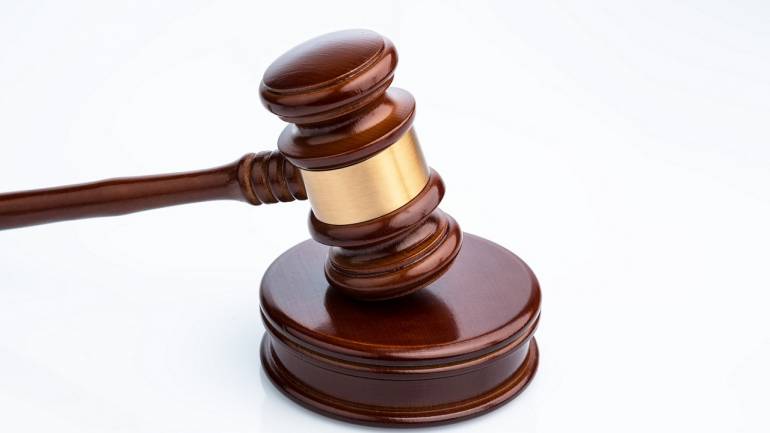SLG Client Alert: Supreme Court May Have Opened Door to Extend the Time in Which a Debtor can Assert an FDCPA Claim

Note: The following is a general discussion on the specified topic or issue and may not be relied on as legal advice in any specific case or matter you encounter. You should review any applicable case, or matter with counsel experienced in this area of law and should not generally rely on the discussion in this Alert.
Date: December 10, 2019
To: All Scheer Law Group Clients and Affiliates
From: Spencer Scheer
Subject: U.S. Supreme Court May Have Opened the Door to Extend the Time in Which a Debtor can Assert an FDCPA Claim
Both the federal Fair Debt Practices Act (“FDCPA”) ( 15 U.S.C. § 1692k) and its California corollary (California Civil Code §§ 1788 et seq.), provide fertile ground for litigation against creditors. The laws are technical, and often difficult to comply with. Violations can occur for failing to give required written or verbal disclosure when communicating with a debtor, as well as generally arising from unfair or perceived unfair practices related to secured and unsecured debt collection.
The U.S. Supreme Court may have just “opened the door” giving a debtor an additional tool to assert claims that would otherwise be barred by the statute of limitations. FDCPA violations can lead to statutory damages of $1,000.00 per violation, actual damages (i.e. pain and suffering) and attorneys’ fees. Multiply that by repeated violations and mix in potential class action liability and you will find that millions of dollars in damage awards are issued each year.
Generally, a debtor has one year from the date of the violation in which to assert an FDCPA claim (15 U.S.C. § 1692k). There was a split in authority on when the statute of limitations arises. In the Third Circuit, courts held that the time to assert an FDCPA claim starts on the actual day of the violation and ends a year later. In the Ninth Circuit (includes CA), it can be argued that the clock does not begin to tick on federal claims (including the FDCPA one year statute of limitations) until the debtor knows or has reason to know of the violation, not when the violation occurs.
Today, the Court in the case Rotkiske v. Klemm (U.S., Dec. 10, 2019, No. 18-328) 2019 WL 6703563), ruled on the issue. The facts in this case were that a creditor served a complaint on a debtor at a house where the debtor did not live and got a default judgment. When the creditor later learned of the error, it rescinded the judgment. When the debtor went to obtain a home loan, the judgment was on record and credit was denied. The debtor sued for FDCPA violations more than a year after the wrongful acts occurred.
In its ruling the Court upheld the Third Circuit, finding that the statute of limitations begins to run on the date of the violation, so it was too late for the debtor to assert FDCPA violations. However, the majority (Via Judge Thomas) would not consider and reconcile the Ninth Circuit holdings to the contrary and the equitable doctrine of allowing fraud as a basis to toll the running of the statute of limitations, finding that the appellant did not take the steps necessary for the Court to make such a determination. A minority dissent by Judge Ginsberg found that the fraud based exception was properly raised and should have been considered. This makes it likely that the Court revisit the issue soon.
What does this mean to you? This is one for the creditors, but who knows for how long? The trend is to expand regulatory restrictions in all phases of secured lending and servicing. Those who develop and implement sound and consistent policies and procedures will thrive. Those who do not, may find that actions taken years ago, long forgotten, may come back years under the “opening “ left by the Court in Rotkiske v. Klemm.
Please call or email if you have questions about this case.
Spencer Scheer
Our
Locations
Northern California Office
155 N. Redwood Drive, Suite 100
San Rafael, CA 94903
Telephone: (415) 491-8900
Facsimile: (415) 491-8910
Southern California Office
85 Argonaut, Suite 202
Aliso Viejo, CA 92656
Telephone: (949) 263-8757
Facsimile: (949) 308-7373
Send Us Your Information &
Get Started Today
Fields Marked With An “*” Are Required


